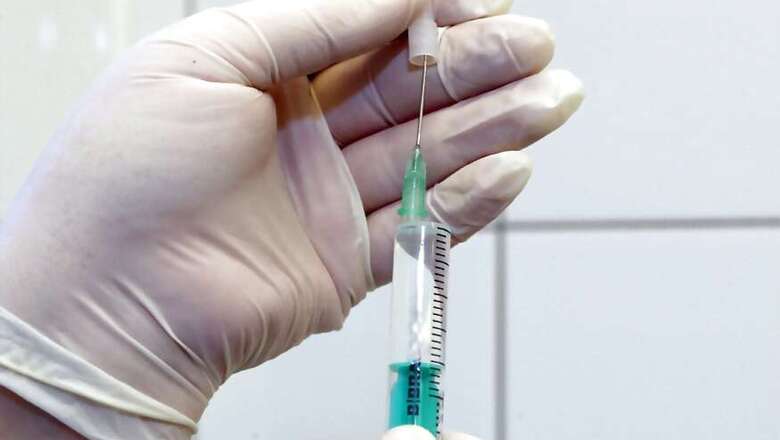
views
New Delhi: India’s long standing problem of inaccurate death registration could be inflating the number of deaths caused by drug resistant tuberculosis. A new trial with verbal autopsies, conducted across Karnataka, shows that not all those who die while being treated for multi-drug resistant tuberculosis (MDR-TB), die from the disease.
Only 66 percent of all the deaths during the study were due to TB, as published by the US-based Centre for Disease Control and Prevention, and co-authored by Dr. Poonam Ramesh Naik of the Yenepoya Medical College, Mangalore.
Public health professionals in India have used verbal autopsies on a small scale since the 1970s, and most recently in the Million Deaths Study that ended in 2014. They interview the family or the attendants of the deceased, along with giving grief counselling, to determine the sequence of events that led to one’s death. In areas with little or no medical facilities and poor documentation, this approach could help doctors better understand what’s really killing people.
For a public health crisis such as TB, a more accurate view of deaths, not just their numbers but also their cause, can only improve the country’s Revised National Tuberculosis Control Programme (RNTCP).
With this in mind, a team followed patients on MDR-TB treatment in three government centres across Karnataka -- Bangalore, Mangalore and Mysore -- from January to December 2016. Of the 75 patients who died during this period, they conducted interviews with the 72 families. It turns out, only 48 out of the 72 patients had died from TB.
The team behind the study assigned TB as the cause of death to eight other cases. Six had died of suicidecaused by “psychological stress, social stigma, hopelessness, and depression caused by MDR TB diagnosis or treatment”, or due to psychosis caused by the drug cycloserine used to treat MDR-TB. Two had died from pulmonary embolism. Two had died from pulmonary embolism, which the committee decided they were predisposed to because of “immobilization related to severe MDR TB disease”.




















Comments
0 comment